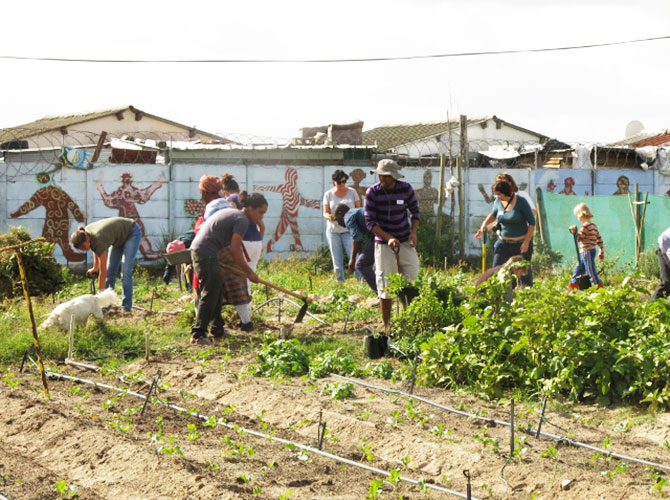
by Zoë Poulsen - Cape Town Botanist | May 9, 2016 | Cape Floristic Region, Cape Peninsula, Ethnobotany, Fynbos, Indigenous Foods, Research
It is well known that growing your own food is one of the greatest moves that we can make towards eating truly green and sustainably. It cuts the food miles and puts people in control of their own diet destiny in a world where often some of the most ‘sustainable’ and ‘ethical’ large scale supermarket brands still contain ingredients sprayed with vast numbers of chemicals and shipped across the globe, generating a huge carbon footprint. Many people have taken the initiative in the face of these challenges and gardens and allotments brim with lovingly tended carrots and cabbage destined for local dinner tables.
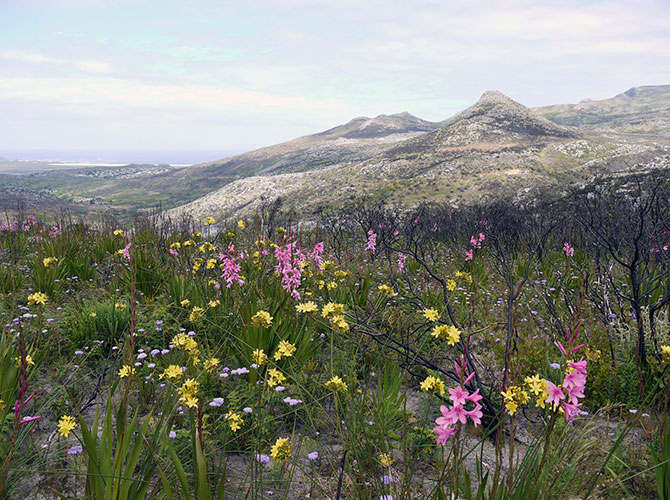
by Zoë Poulsen - Cape Town Botanist | Apr 14, 2016 | Cape Floristic Region, Cape Peninsula, Conservation, Ecology, Fire, Fynbos, Geophytes, Hiking, Mountains, Orchids, Plant Profiles, Research, Table Mountain
In March 2015 the Peninsula burnt. The biggest veld fire since 2000 raged across Table Mountain National Park. People lost homes and businesses. Bees Marais, one of the country’s top helicopter rescue pilots, tragically lost his life in the line of duty while fighting fire at Cape Point. The blaze and the acrid smoke cloyed the air all over Cape Town, turning the sky scarlet and orange as the sun went down each day.
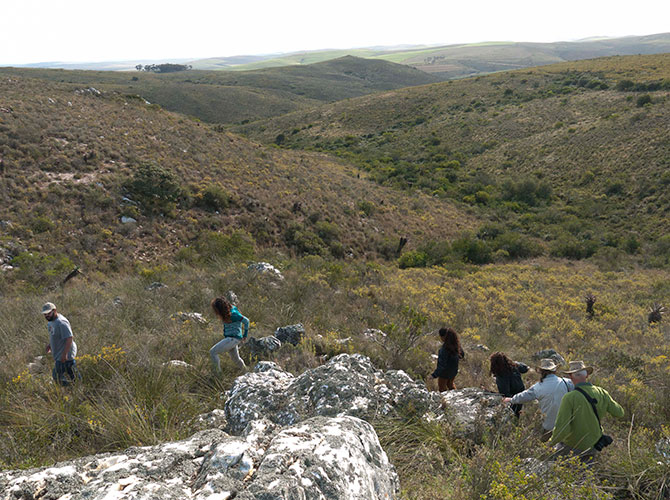
by Zoë Poulsen - Cape Town Botanist | May 1, 2015 | Cape Floristic Region, Conservation, Ecology, Endangered Species, Fire, Geophytes, Renosterveld, Research
Renosterveld is also part of South Africa’s Fynbos Biome and the CFR. However, it is notably different from Fynbos vegetation in several ways. Firstly in contrast to fynbos it occurs on relatively fertile soils, predominantly derived from shales although can also occur on silcretes and other lithologies. Members of the three dominant plant families in fynbos: the Restionaceae, Proteaceae and Ericaceae are mainly absent and instead renosterveld is dominated by shrubs predominantly from the Asteraceae family as well as various C3 grasses and C4 grasses.
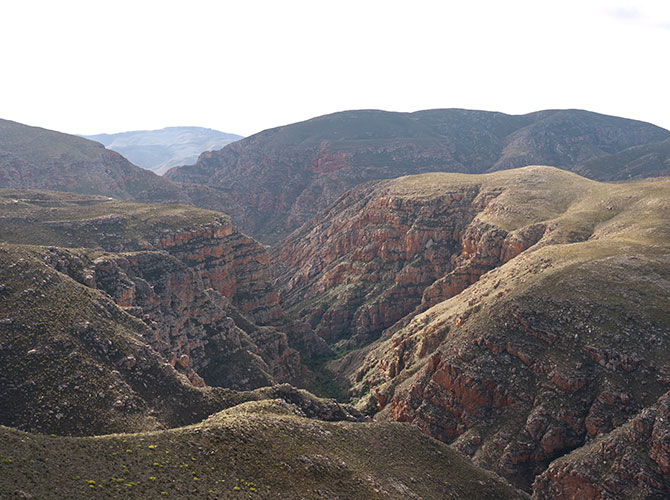
by Zoë Poulsen - Cape Town Botanist | Jun 3, 2014 | Cape Floristic Region, Ecology, Fynbos, Hiking, Landscape History, Mountains, Research, Travel
Last week was a whirlwind. On Monday I was in the green and gently rolling hills of Dorset, England in the beautiful old Victorian house where I grew up. It was early summer, the buttercups were flowering and even the sheep were smiling. I left with great reluctance after a break that was all too short. By Tuesday night I was curled up on the floor sleeping in a small frozen heap in Doha airport in Qatar in the Middle East. Wednesday night brought me back to a cold and wintery Cape Town.

by Zoë Poulsen - Cape Town Botanist | May 26, 2014 | Botanic Gardens, Conservation, Endangered Species, Kirstenbosch, Research
This week Notes from a Cape Town Botanist is reporting from the Northern Hemisphere in order to bring you the lowdown on some of the world class and ground-breaking work to conserve the Cape flora going on in other parts of the world. Far away from the green and pleasant land of Sussex in the south-east of England, 7,000 miles away one of the world’s biggest biodiversity disasters is quietly unfolding down in South Africa’s Cape Floristic Region (CFR).
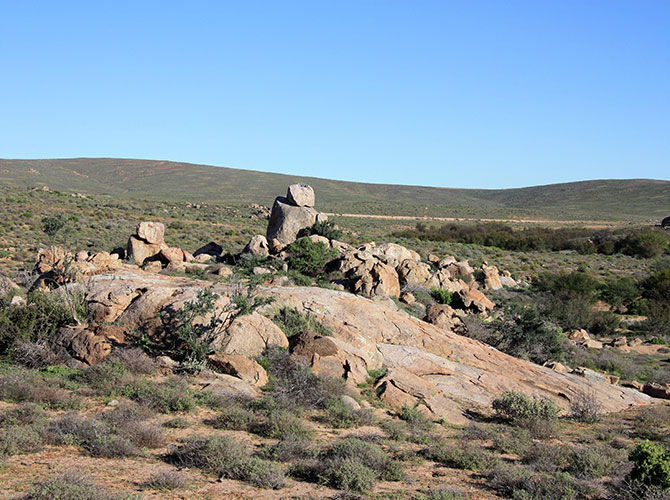
by Zoë Poulsen - Cape Town Botanist | Apr 7, 2014 | Ecology, Mountains, Namaqualand, Research, Succulent Karoo, Travel
So what do a tuna tin, a paint scraper and several thousand sosatie sticks have in common? Confused? The answer is elementary my dear Watson: all are important tools of the trade in undertaking research into Biological Soil Crusts. Last year I spent two months in Namaqualand assisting a German colleague with her research work and discovering that there is far more than meets the eye to these tiny members of the Succulent Karoo plant community.






